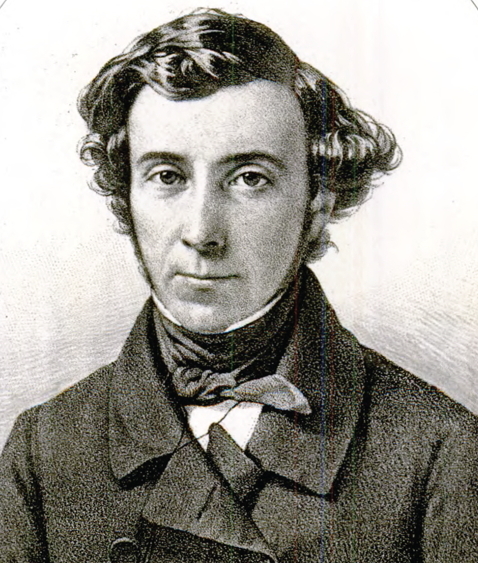Liberty Matters
Mobility Counts

Aurelian Craiutu has nicely highlighted the rich and capacious Tocquevillean notion of the “equality of conditions” and how it is compatible with economic inequality in a society that nonetheless remains democratic and mobile. Our sentiments and mores remain broadly democratic, perhaps excessively so. I would simply like to add a qualification inspired by the work of Thomas Sowell. In works such as Intellectuals and Society (2009)[86] Sowell has shown that debates about income distribution in the United States have been distorted by a preoccupation with statistical categories. We are repeatedly told that the rich are getting richer and the poor are getting poorer. The problem with these affirmations is that people move with some frequency from category to category over time. Only 25 percent of the “super rich” in 1996 were still “super rich” in 2005. Over half of those making at or near the minimum wage are between the ages of 16 and 24. The age category continues indefinitely even as people advance to higher statistical categories as a result of work and experience. Intellectuals tend to identify inequalities with “inequities” where no injustice exists. The conclusion is clear: America allows a great deal of economic mobility even as income inequalities persist and in some cases deepen.
Endnotes
[86.] Thomas Sowell, Intellectuals and Society (New York: Basic Books, 2009).
Copyright and Fair Use Statement
“Liberty Matters” is the copyright of Liberty Fund, Inc. This material is put on line to further the educational goals of Liberty Fund, Inc. These essays and responses may be quoted and otherwise used under “fair use” provisions for educational and academic purposes. To reprint these essays in course booklets requires the prior permission of Liberty Fund, Inc. Please contact oll@libertyfund.org if you have any questions.